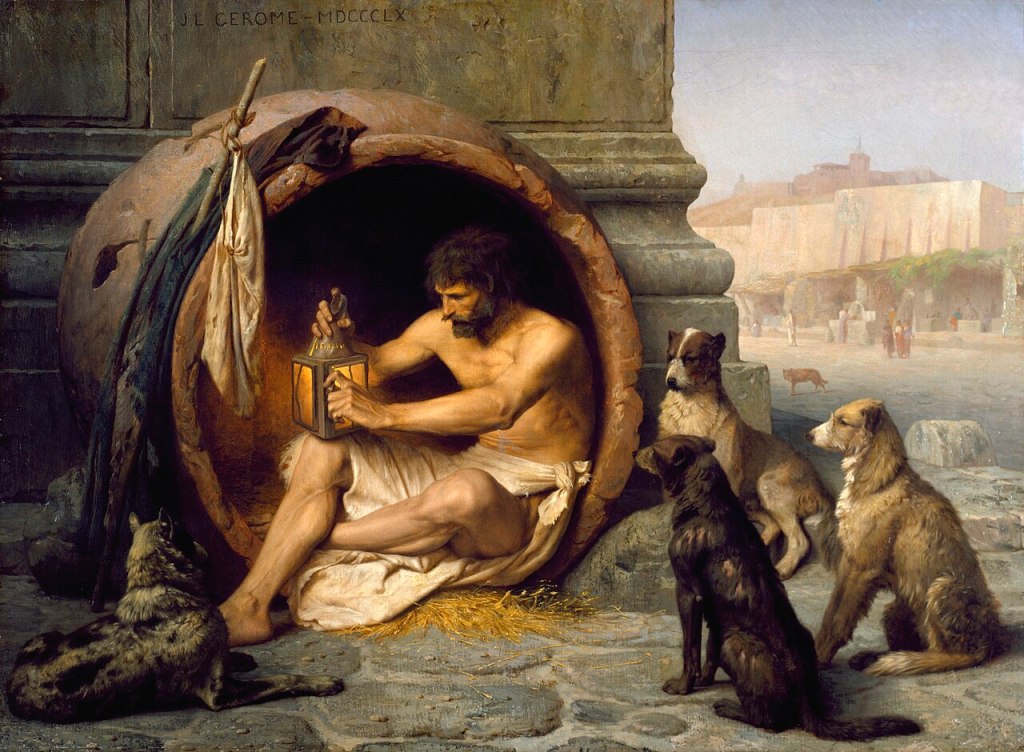 The Path: A New Way to Think About Everything by Michael Puett
The Path: A New Way to Think About Everything by Michael Puett
My rating: 5 of 5 stars
Amazon page
This book is organizationally and conceptually similar to a book by Edward Slingerland that I reviewed recently entitled “Trying Not to Try.” I’ll first discuss how the books are alike before differentiating them as I believe they are both worth reading. First, both books essentially look at how the ideas of ancient Chinese philosophers—both Confucian and Taoist—can be put into practice to improve one’s life in the modern world. Second, the heart of each work consists of chapters devoted to the thinking of one particular philosopher and how the ideas of said philosopher compare and contrast to those of the others.
That said, both books create their own space in a way that justifies each’s existence. While Slingerland focuses heavily on the notion of wu-wei (effortless action) and de (the charisma of effortless action,) Puett and Gross-Loh consider a broader swath of human activity. That may make it sound like this book is more rambling and unfocused, but there is a central theme that cuts across the chapters. That theme rejects the simple and straightforward ideas given credence by modern Western society (as well as by the Chinese Mohists–i.e. followers of Mozi.) It suggests that the self is not a fixed entity but rather a collection of patterns. One needs to accept that these are just ruts that can be negated and to behave accordingly if one hopes to achieve an enjoyable life in a world that can be capricious and chaotic.
The first couple chapters of the book look at the problems of the modern world and how ideas from traditional societies—such as the China of past centuries—differed. With that context set, each but the last chapter examines an aspect of the human condition from the perspective of a particular Chinese philosopher.
Chapter three offers Confucius’s ideas about rituals and how they can be used to cultivate virtuous behavior. Chapter four presents the ideas of Mencius with regards how to live life in a world that is capricious and arbitrary.
The fifth chapters shifts from Confucianism to Taoism as it explores Laozi’s ideas about how one can influence others not by brute force but by moving in accordance with “the Way,” and how eliminating illusory distinctions is the key to developing this soft power.
The sixth chapter focuses not on the ideas of a particular author but a particular work, “The Inward Training.” This manual describes how one can increase one’s vitality (readers maybe familiar with the idea of “chi” or “qi,” as in “tai chi” or “qi gong”) by a mystical approach that cultivates the divine within one.
Chapter seven is about Zhuangzi’s ideas about accepting that our world is constantly in flux and to battle this fact is as futile as it is exhausting. The ideas discussed echo the aforementioned concept of “wu-wei” as well as modern concepts of positive psychology such as Czikszentmihalyi’s Flow and ecstasis.
The penultimate chapter returns to a Confucian philosopher, one by the name of Xunzi, who believed that humans create the patterns we live under and it’s up to us to get past said patterns and not to accept them as a given. The last chapter circles back around to propose how the ideas presented throughout the book might allow us to remake the modern world in a happier form.
The book has no graphics, but does have a small section of resources and readings.
I found this book to be enjoyable and informative. The authors use modern stories and cases to make these ideas understandable and relevant to the reader as well as to supplement stories of ancient history. The book provides food for thought and—as I said—it creates its own niche. I’d recommend it for readers interested in how ancient Chinese wisdom can relate to present-day living.
View all my reviews
Share on Facebook, Twitter, Email, etc.




